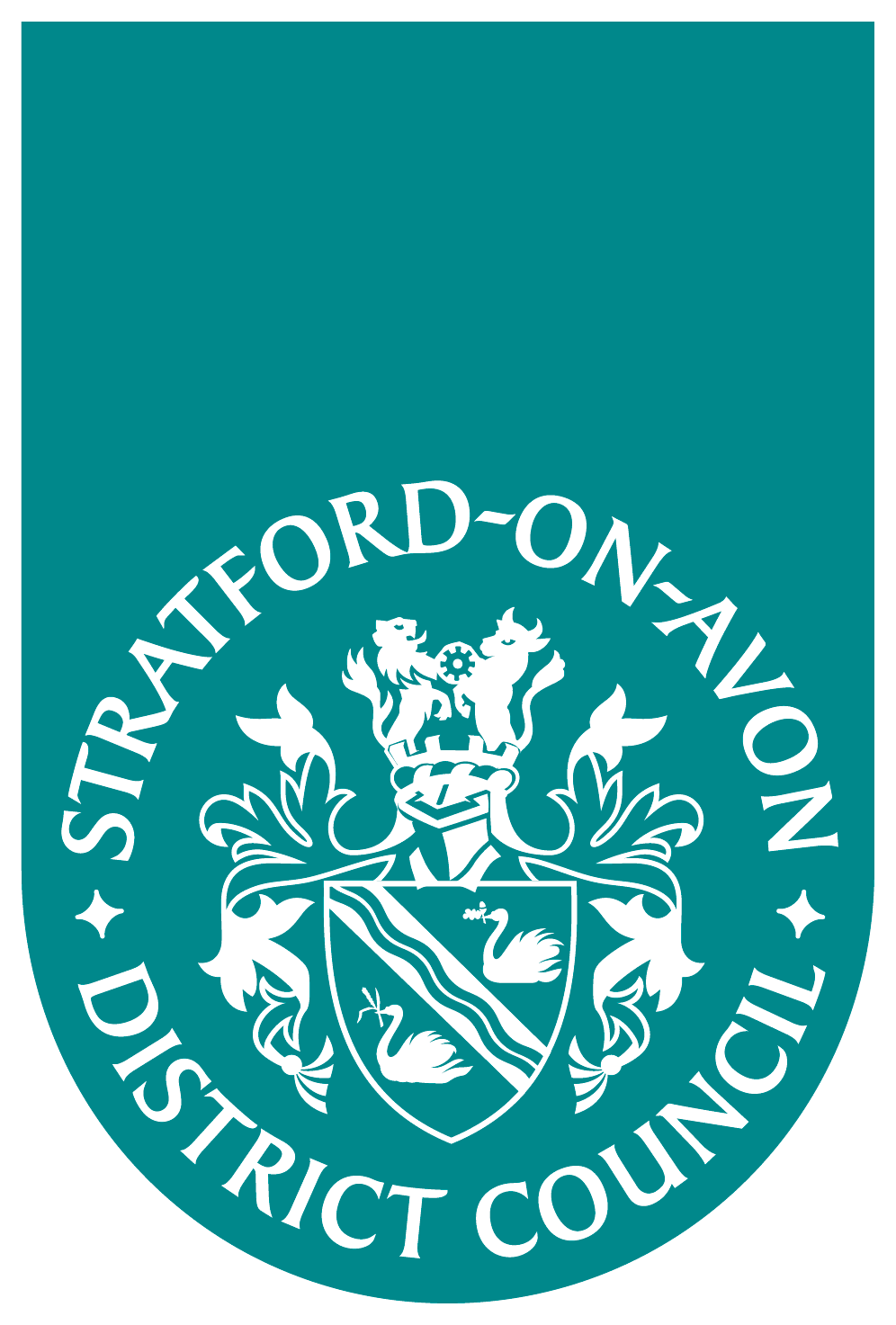Working with local volunteers
September 2024
Earlier this year Volunteers Week celebrated its 40th Anniversary. During this week, events across the country are run to recognise, celebrate and thank volunteers for all they contribute to our local communities, the voluntary sector, and society as a whole.
One of the most positive and impressive consequences of the COVID-19 pandemic was the huge upsurge in the numbers of people volunteering to support vulnerable people, particularly those who did not have family or friends to rely on.
We, as a society, sometimes undervalue the role of volunteers in the quality of our lives, but in the current cost-of-living crisis, it has been volunteers who have performed a crucial role. Volunteers are also playing their part in tackling climate change.
In my hometown of Alcester, volunteers run a Dementia Café, local community centres, a Repair Café and a Foodbank. They put up Xmas lights and summer bunting, run the local Roman Museum, the Medieval War Memorial Town Hall and organise litter-picking events. Volunteers run clubs, charities and organisations for everyone from young to old.
Elsewhere in the District, every local village and town has similar networks of volunteers who organise and run essential community services. These groups and organisations offer huge amounts to local areas, enabling people to connect and engage.
Throughout the pandemic and during recent flooding events, communities were often able to respond more quickly to community need than anyone else. Volunteers and charitable organisations have first-hand knowledge of their communities and have a vested interest in the health and success of their home areas.
Local authorities can only gain by empowering local communities, supporting them in finding the resources and expertise they need, and helping them to grow their capacity and capabilities. It is extremely important that councils form successful partnerships with volunteer groups to shape places and help those most at risk in our communities.
Stratford-on-Avon District Council has also come together with other organisations such as Citizens Advice, Age UK and Warwickshire Community & Voluntary Action to form a local Social Inclusion Partnership. This helps and assists volunteers, charities and community groups.
Last year, the Partnership finalised its Creating Opportunities Plan, which seeks to reduce inequalities and create choice and opportunity for our residents. This initiative is an integral part of the Council Plan. Another key element of the Council Plan is to improve the health and wellbeing of residents. This was addressed in June with the launch of the Council’s Active Communities Strategy.
Just what is possible by community groups in developing mitigation and resilience to climate change has been showcased by applications to the Council’s Community Climate Change Fund. These have shown what can be achieved when local volunteers are backed by relatively small amounts of money. I’m sure more ideas for further community initiatives were stimulated by last week’s Climate Change Assembly, a public participation event hosted by the Council that we hope will be repeated in future years.
Going forward, we need to develop these relationships with our residents and their communities. We will always be better if there is genuine collaboration that enables us to face the challenges we all have. At a time of rising poverty, we need a collective focus on tackling the problems we have. We also need to empower residents.
We all benefit when we listen, take a person-centred approach, know our communities well and enable services to be delivered in the best possible way.
Page last updated on 29/05/2024
